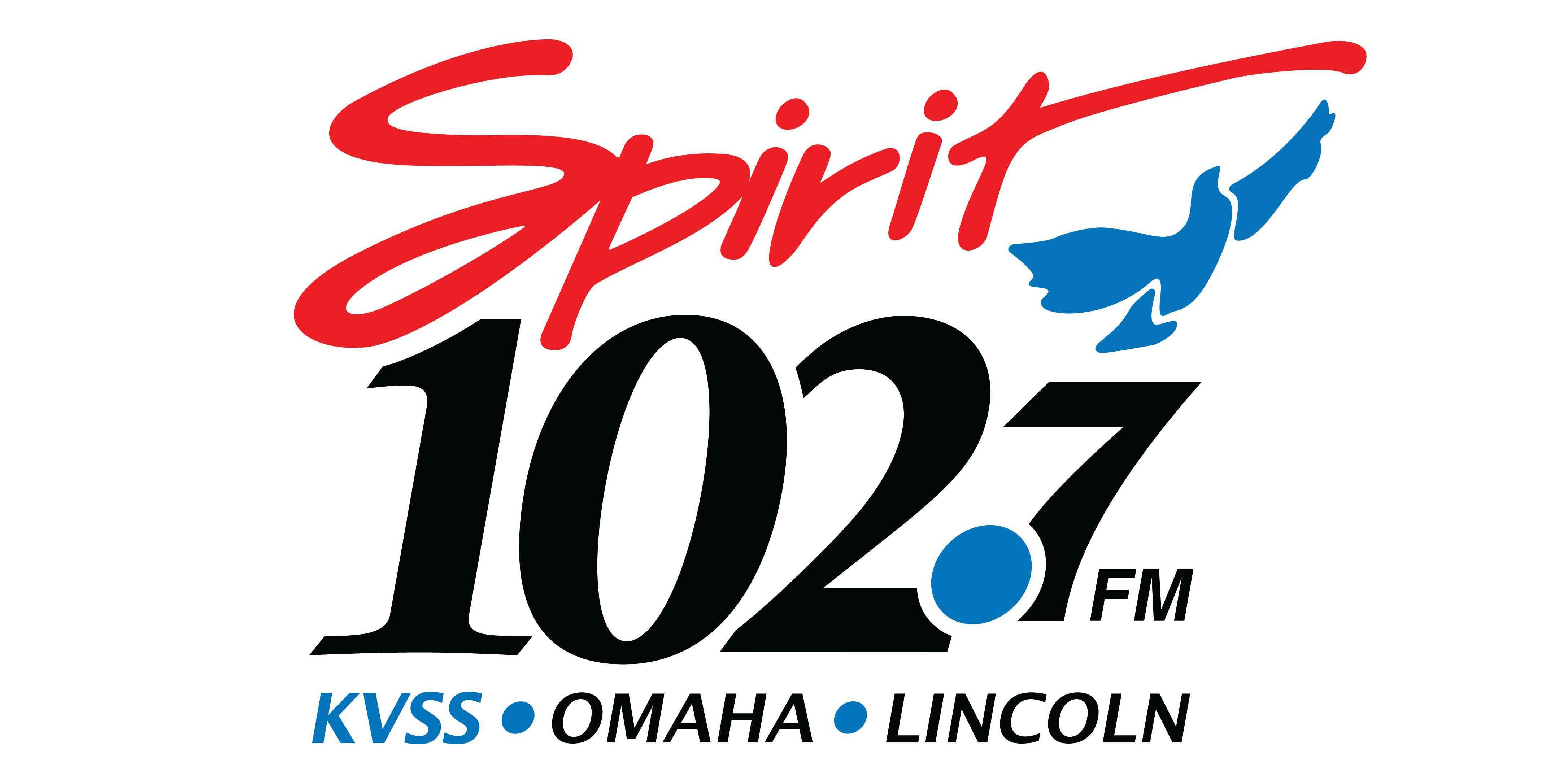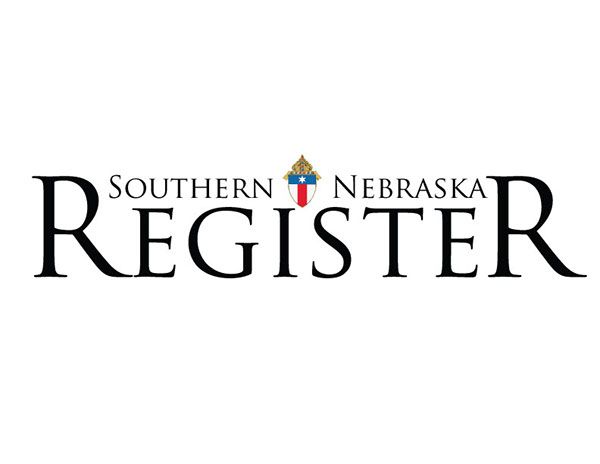The Nebraska State Legislature held a historic debate on important education choice legislation, LB295, last Thursday and Friday (March 22 and 23). State senators, chief among them Sen. Jim Smith (Papillion) and Sen. Lou Ann Linehan (Elkhorn), boldly advocated on behalf of the low-income and working-class families who would benefit from additional scholarship opportunities. The debate, however, was accompanied with a “campaign of misinformation” about the legislation and about parochial and private schools.
Brief Refresher on LB295. LB295 provides more scholarship opportunities for low-income and working-class children to choose a parochial or private education. It does so by enacting a tax credit for donations to nonprofit scholarship granting organizations.
Too many parents lack true freedom of education choice. A child’s educational opportunity should not be limited by their family’s income level or zip code. This undermines parents’ fundamental right to choose an education best suited for their children’s needs.
Hostility Out-of-the-Gate. Before LB295 could be introduced, Sen. Burke Harr (Omaha) filed a hostile “priority motion” to indefinitely postpone (i.e., to kill) the legislation. Sen. Harr filed this motion before the bill could be introduced. This gave Sen. Harr 10 minutes to attack the merits of the legislation before Sen. Smith—the sponsor of LB295—could provide an introduction and explanation of the legislation.
Sen. Smith could not provide this introduction until nearly three hours into the debate, after Sen. Harr’s motion was defeated.
While Sen. Harr’s motion was within legislative rules, Sen. Smith noted that he had never seen such hostility and fear about debating legislation in his eight years in the legislature.
Almost always, legislation is immediately introduced and explained, and then senators begin giving speeches for or against the legislation. Sen. Harr, however, broke with that format. Sen. Harr’s tactic was uncalled for and a sign of deep animosity toward education choice for low-income and working-class families.
Strong, Vocal Support. Sen. Smith and Sen. Linehan provided strong lead advocacy for LB295. They emphasized that LB295 was not about private versus public schools, but about ensuring every child receive an education that best meets their needs, particularly those who cannot otherwise afford it. They noted that “not one penny” would be taken from public schools to provide the tax credit scholarships.
Sen. Linehan responded to the false claim that nonpublic schools in Nebraska lack accountability. She noted that any school receiving a child with a scholarship must be either an “approved” or “accredited” rating by the Nebraska Department of Education. Such a standard requires many accountability measures, including norm-referenced testing that allows comparisons of test scores with students and schools across the country.
Despite Sen. Harr’s early attempt to stifle debate, much of the discussion was dominated by senators speaking in favor of LB295. Many shared personal stories of lacking the financial means themselves to provide the right choice for their children, the tax burden they experience in their home legislative districts to expand public school infrastructure to accommodate growing student populations, and the importance of empowering parents with school choice.
Another striking aspect of the debate was the testimony of several senators who expressed their “change of heart” on LB295. They mentioned that they used to think private school choice would hurt public schools. However, after further, in-depth consideration they came to realize that scholarship tax credit legislation actually helps low-income and working-class families and provide taxpayer savings to the state. This savings, in turn, could be reinvested into public education or other essential services.
Ultimately, LB295 faced a vehement filibuster and forced supporters to seek 33 favorable votes (out of 49 senators) to advance the bill. Since 33 favorable votes were not immediately available, the debate was automatically ended after three hours. If the needed support can be garnered, the legislation could return and be further debated.
Your Voices Were Heard. Even though the legislation has not advanced at this time, please know your efforts were not in vain. Several senators communicated that they received numerous e-mails and phone calls from supporters of education choice. Your voices—advocating on behalf of all students—were heard and were effective.
Please know the push for education choice is not over. In fact, it has just begun!







